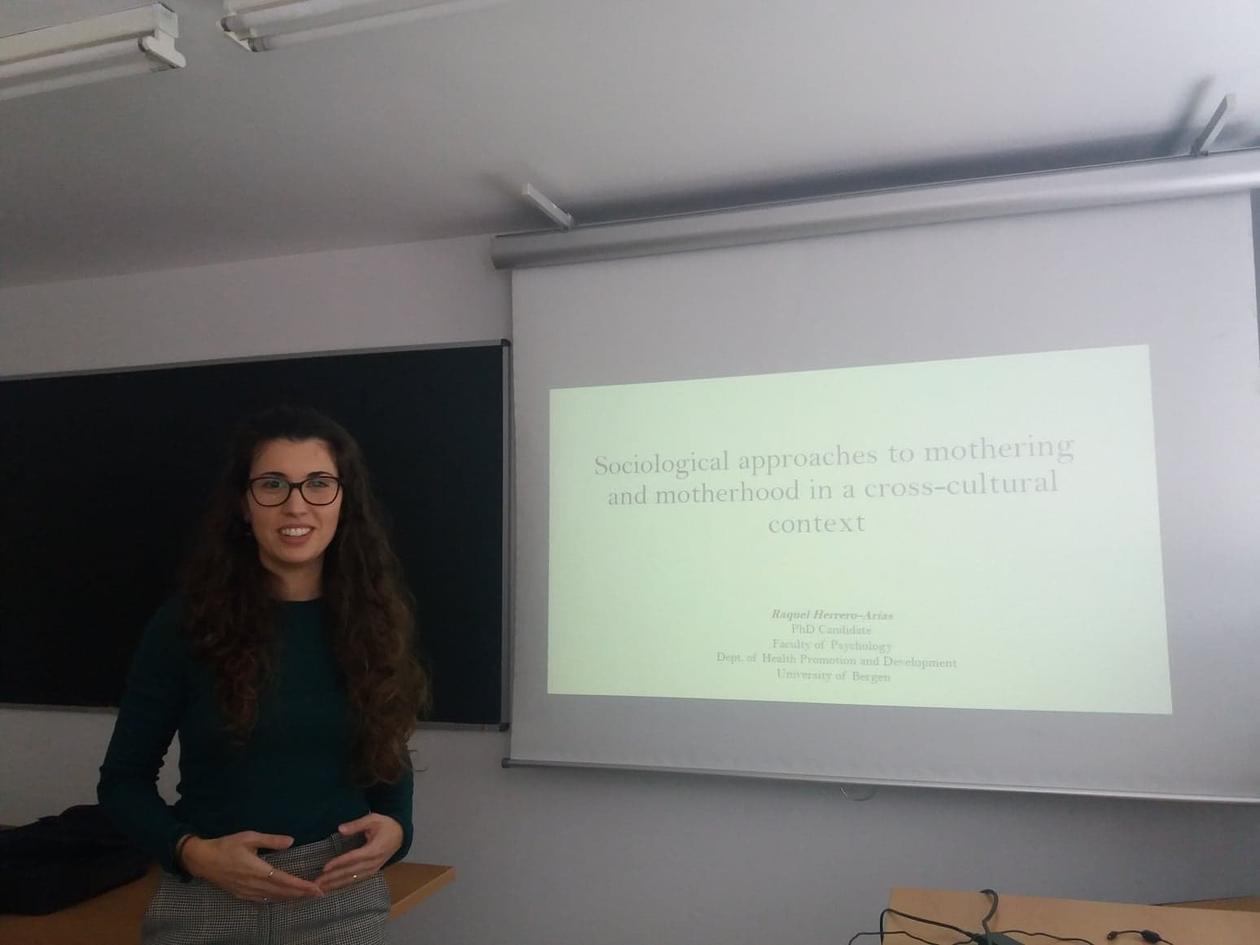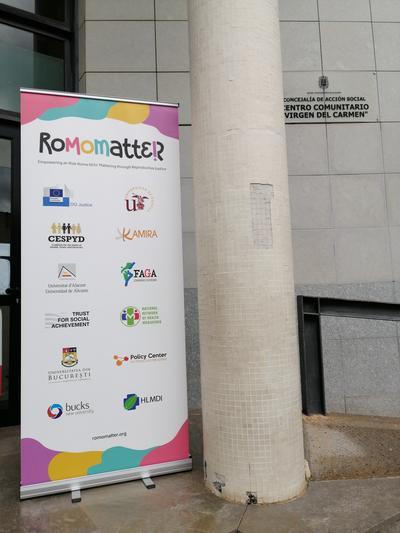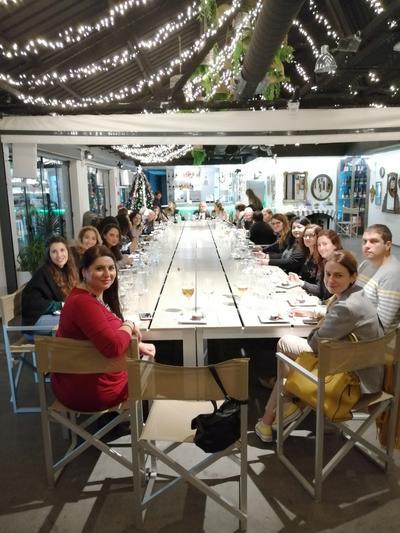Participation in the Third General Meeting of RoMoMatter Project
RoMoMatteR is a transnational project that tackles gender discrimination by empowering Roma girls. In December 2019, the project held its third general meeting with the special participation of Associate Professor Gaby Ortiz-Barreda and PhD Raquel Herrero-Arias.
Main content
Based on Participatory Action Research, RoMoMatteR project targets Roma girls and key stakeholders to map community assets, narratives and evidences to empower Roma girls’ mattering linked to reproductive justice. The project involves Roma communities, civil society groups, local institutions and scientific communities from Bulgaria (NNHM, TSA), Romania (PCRM, University of Bucharest), Spain (FAGA, KAMIRA, University of Seville, and University of Alicante), Hungary (Healthcare Leadership and Management Development Institute) and UK (University of Buckinghamshire). RoMoMatteR is funded by the European Union’s Rights, Equality and Citizenship Programme (2014-2020) and will be implemented during 2019 and 2020.
In 2019, the project team established contact with communities, collected Roma adult women’s narratives, mapped community resources and established local coalitions. In December, the project team met in Alicante, Spain, to celebrate the end of the first stage of the project and the beginning of a new year. We congratulate Associate Professor Gaby Ortiz-Barreda and PhD Raquel Herrero-Arias on their participation in RoMoMatter General Meeting. This event was hold on 3 and 4 December, and it was an opportunity for Gaby and Raquel to get to know the current state of the project and contribute in discussions about its methodology, and theoretical frameworks for analysis. The General Meeting and dinner were optimal spaces to build strategic connections among researchers and social service stakeholders.
Furthermore, Raquel was invited to deliver a seminar on “Sociological approaches to mothering and motherhood in a cross-cultural context” at the University of Alicante. She presented potential theoretical frameworks to explore the narratives that the research team from Alicante had already collected from Roma women. Her seminar was highly valued because it prompted enriching discussions about possibilities for data analysis and further publications.


